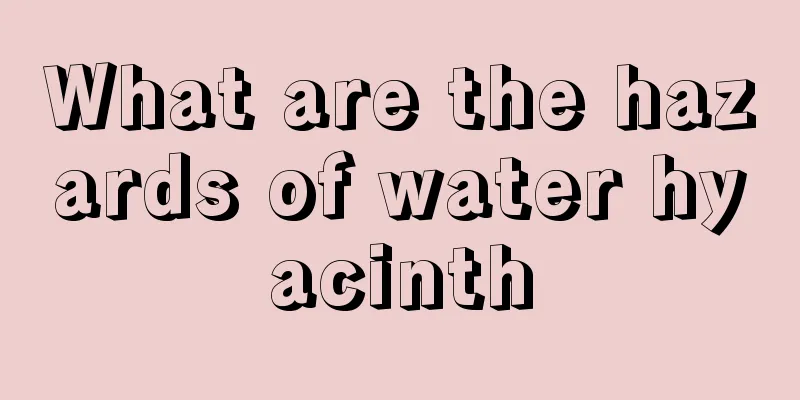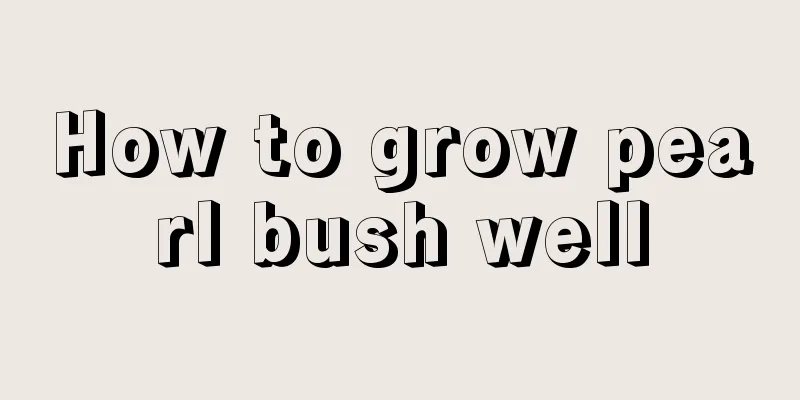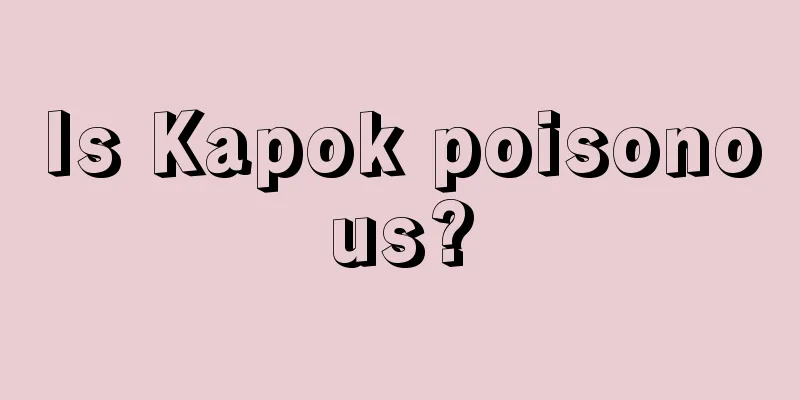What are the hazards of water hyacinth

Water hyacinth causes ecological damageOne of the hazards of water hyacinth is that it can cause ecological damage. Because it has a strong reproductive ability, if the living environment is suitable for the growth of water hyacinth, it will reproduce in large numbers and become a dominant species, affecting the growth of other organisms. In the long run, the ecological diversity of the area will be destroyed, leaving it with a single species. The ecological balance of a region is very important. Balance can only be maintained if various species influence and inhibit each other. The crazy growth of water hyacinth will to a large extent disrupt the balance of the area, deprive other organisms of their living space, and cause some species to be on the verge of extinction. Water hyacinth affects the growth of other organismsWhen the water hyacinth is growing vigorously, it will grow all over the water area, covering the entire surface and dyeing the water green. At this time, it will affect the gas exchange between water and the atmosphere, as well as the transmission of light, and will increase the concentration of CO2, affecting aquatic life. Water hyacinth will clog the riverThe wild growth of water hyacinth will clog the waterways. Because the plants of water hyacinth reproduce in large numbers, the plants continue to increase and will soon cover the entire river channel. In serious cases, the density of growth of water hyacinth is so high that people can even walk on it, affecting water transportation. In addition, the growth of water hyacinth will even affect the growth of tap water in water plants, because excessive reproduction of water hyacinth will clog the tap water production equipment. Control of the harm caused by water hyacinthOnce water hyacinth damage occurs, the use of herbicides to prevent and control it is not very effective. It is not only polluting but also relatively expensive. Generally, when controlling the damage caused by water hyacinth, non-polluting methods are adopted, and the natural enemies of water hyacinth, such as dugongs, can be introduced, which has better results. |
<<: What to do if the hibiscus flower grows poorly
>>: What to do if the lipstick flower does not bloom or drops buds
Recommend
How to grow soybean sprouts at home that are thick and tender (simple method and process of growing soybean sprouts at home)
Some time ago, I went to the supermarket and boug...
What is the best fertilizer for hydrangea?
Hydrangea fertilization time Hydrangeas can be fe...
How to use hydroponic nutrient solution and how to use hydroponic plant nutrient solution
For plants like pennywort and green radish, more ...
Identification of Silver Longevity Grade
Plant type of Baiyinshou According to the plant s...
How to grow water hibiscus
Breeding points First, choose a good basin or wat...
Cultivation methods and maintenance matters of old lucky tree stumps
How to grow a lucky tree into an old stump The sc...
What is the best month to plant cherry tree seedlings?
When to plant cherry tree seedlings Cherry blosso...
How to prune osmanthus
No pruning of the whole plant The whole plant is ...
These 4 kinds of flowers are 100% survivable if you take cuttings now. If you miss them, you have to wait another year!
If you plant bougainvillea in the soil like this,...
How to distinguish between the Green Overlord and the Hulk
1. Green Overlord 1. Morphological characteristic...
How to grow ginger lotus
1. Breeding methods 1. Flower soil: Ginger lily d...
How to prune pine trees
When to prune pine trees It is generally suitable...
What soil is best for growing maple trees?
Maple trees have low requirements for soil fertil...
To bring prosperity and good luck, you must have one pot of these 6 kinds of flowers!
1. Anthurium Anthurium has beautiful flowers and ...
How to grow Amaryllis
1. Breeding environment 1. Soil: Use sandy soil w...









